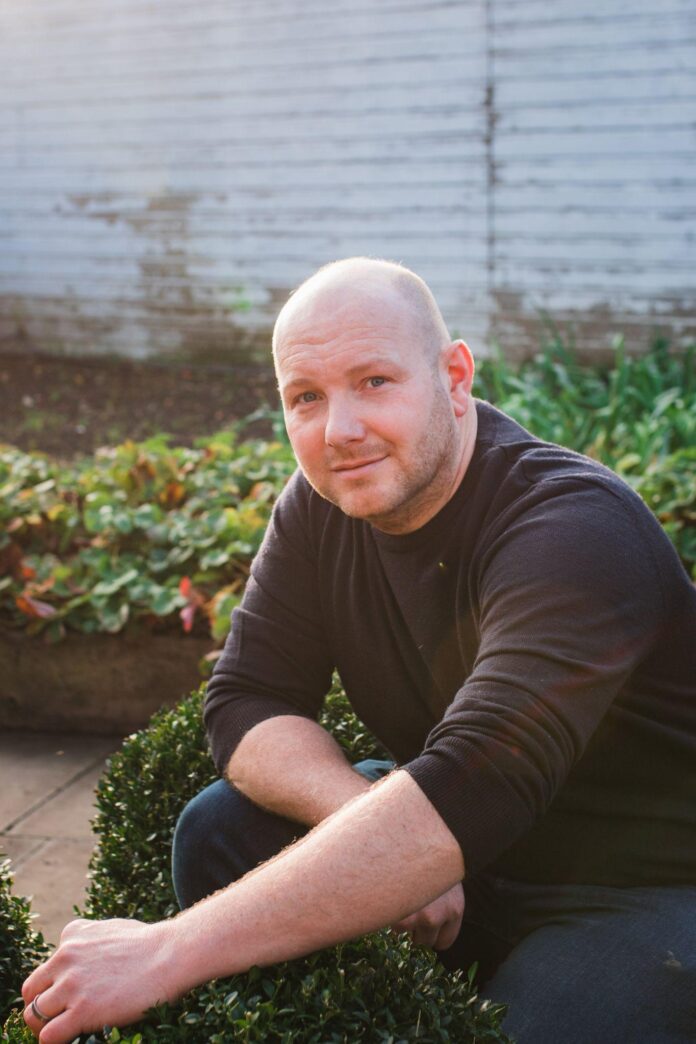Green fingered experts have launched a new course to coincide with National Gardening Month to get Britons outside and in the garden.
The horticulturalists at GardeningExpress.co.uk have set up the four week course to help novices get to grips with their outside space and to give more experienced gardeners pointers to consider.
The sessions will cover everything a beginner needs from understanding plants and soil types to a guide to the tools needed and explaining all the basic garden terminology.
For those looking for the next step in their gardening journey, there are a series of modules on garden design including garden design elements and principles and garden styles.
The course will be delivered online with new modules daily throughout National Gardening Month (April).
The comprehensive course will provide a solid foundation for anyone interested in developing their green thumb.
Chris Bonnett, founder of Gardening Express, will be one of the experts delivering the course. He said: “Our goal is to help Britons navigate the basics of gardening and feel confident in their ability to cultivate their own beautiful and healthy plants.
“It can be overwhelming when you first start to dabble in gardening. You’ll come across phrases you don’t understand, latin plant names which leave you bewildered and tools you’ll have no idea how to use.
“The point of the course is to make gardening less daunting and a pastime you love and enjoy. It is incredibly rewarding, you’ll be creating a beautiful space to enjoy and it’s good for your mental and physical health.
“If the course proves popular, it’s something we’ll be looking to develop further to help Britons get the most out of their gardens.”
Chris has put together these pointers for garden beginners ready to start their gardening journey:
- Soil type
Knowing your soil type will help you pick the right plants for your garden. Clay soil tends to be heavy and hold a higher proportion of water. Sandy or light soils are easy to cultivate and drain well after rain or watering. Silt soils are fertile, well drained and hold more moisture than sandy soils. Loams are a mixture of clay, sand and silt.
- North or south facing
Identifying the direction of your garden will again help you determine what to plant. South facing gardens get more sunshine so plants which thrive in sunlight are ideal. Shade tolerant plants are better for north facing plots.
- Garden tools
Investing in the right garden tools is important to make the whole process of gardening much easier. Focus on a few key items. You’ll need a pair of gardening gloves and a hand trowel, spade and fork to make digging and turing soil easier. Shears and loppers are needed for pruning and tidying up and a hoe and rake for working on preparing and breaking up soil.
- Garden design
When it comes to designing your garden, think about how it will work for you and your family. Do you want somewhere to entertain, a place for the kids to play? Do you want a garden of colourful blooms or a space where you can grow your own fruit and vegetables? If you already have something to work with, decide on the style you’re going for and make the changes gradually.
- What to grow
Once you know your soil type and the direction of your garden and have an idea on the design, finding the right plants will be a little easier. Do your research on plants and ask for advice if you’re not sure. Try some hardy varieties to begin with like lavender and fuschia and as you become more confident, try trickier plants.
To sign up to the course:
Help keep news FREE for our readers
Supporting your local community newspaper/online news outlet is crucial now more than ever. If you believe in independent journalism, then consider making a valuable contribution by making a one-time or monthly donation. We operate in rural areas where providing unbiased news can be challenging. Read More About Supporting The West Wales Chronicle























